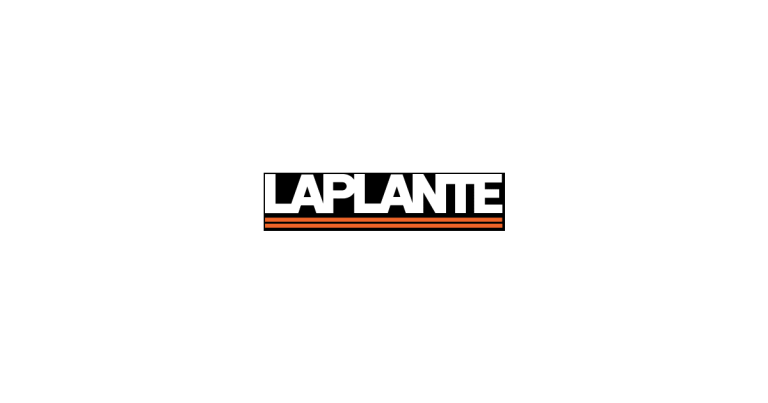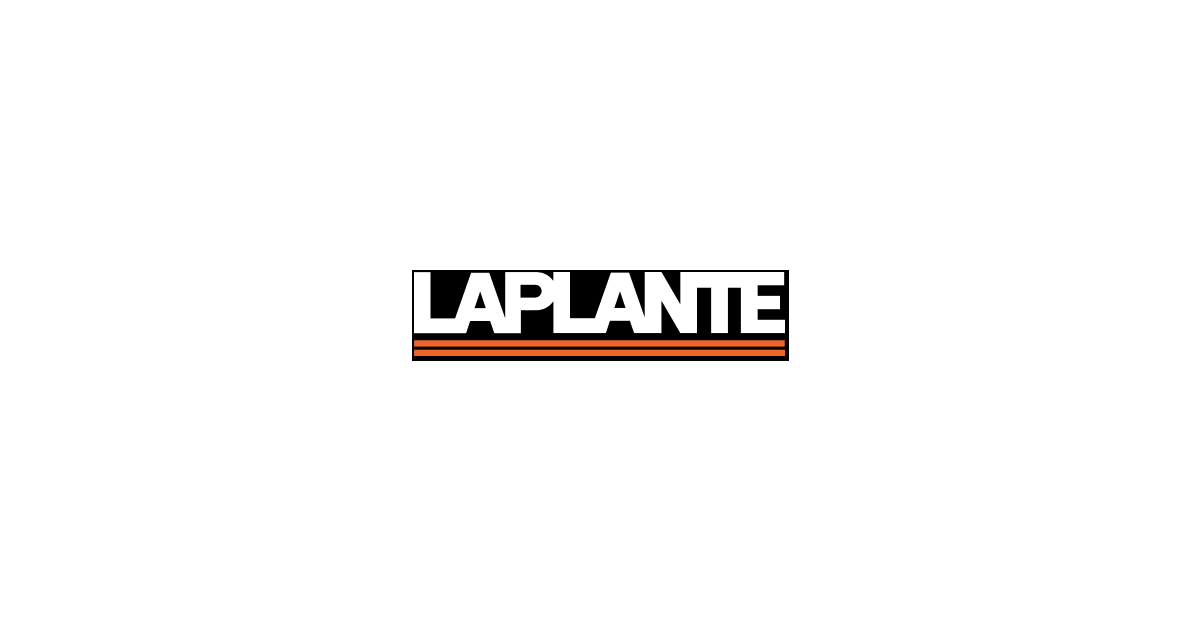The Government of Quebec Launches a 2030 Green Economy Plan

Dec 15, 2020
The Premier of Quebec, Mr. François Legault, and the Minister of the Environment and the Fight against Climate Change, Mr. Benoit Charette have unveiled the Plan for a Green Economy 2030 (EPI 2030) and its first implementation plan for 2021-2026, with a $ 6.7 billion investment over the five years. The investment devoted to this framework policy for electrification and the fight against climate change demonstrates the government’s desire to make Quebec a leader in the green economy by relying on its great strength, its clean electricity.
With the EPI 2030, the government is laying the foundations for a green economic recovery and reiterating Quebec’s commitment to reduce its greenhouse gas (GHG) emissions by 37.5% by 2030 compared to their level in 1990. It thus traces the trajectory that will lead Québec to carbon neutrality in 2050. The Plan will also contribute to our collective resilience by equipping our society to face the already significant consequences of climate change.
In a context of uncertainty caused by the health crisis, which continues to test workers as well as several economic sectors, the government is presenting a first implementation plan for the period 2021-2026, reducing GHG emissions while stimulating economic recovery and job creation. By 2030, the government estimates that this ambitious electrification and climate change project should add $ 2.2 billion to Quebec’s GDP in real terms and create more than 15,500 new jobs. The additional investments that will support the development of green sectors, such as batteries and green hydrogen, will enhance these benefits.
Priority to electrification
The government is launching a major electrification project, mainly in the transport sector, but also in the heating of buildings and industrial activities. Over the next five years, $3.6 billion resulting from the EPI 2030 implementation plan will be invested in the transport sector, which alone is responsible for more than 43% of Québec’s GHG emissions. On top of that is an investment of $15.8 billion in public transit as part of the 2020-2030 Québec Infrastructure Plan. Light rail, city and school buses, taxis, cars and trucks will all be gradually electrified. An increasing number of Quebecers will travel in electric vehicles, equipped as much as possible thanks to Quebec know-how and made from local resources. The province has a target of 1.5 million electric vehicles on Quebec roads in 2030.
Here are some of the measures that will stimulate the electrification of transportation, buildings and industries and the reduction of GHGs:
- Renewal of the rebate on the purchase or rental of an electric vehicle and charging stations for citizens, as well as assistance programs for businesses and the taxi industry;
- Raising of the requirements of the standard on zero-emission vehicles to encourage manufacturers to supply the Quebec market with a greater number of vehicles and a greater variety of models;
- Ban on the sale of new gasoline vehicles from 2035;
- Acceleration of the deployment of rapid charging stations by Hydro-Québec and standard charging stations;
- Investments of $768 million to make the industrial sector greener and more competitive (support for GHG emission reduction projects, program enhancement and personalized support);
- Injection of more than $550 million to reduce GHG emissions from heating residential, commercial and institutional buildings by 50%. This target will be achieved in particular by optimum complementarity between the electricity and gas networks and the use of dual energy, by energy efficiency, by the conversion of fuel oil to electricity as well as by the use of renewable natural gas and other sources of renewable energy.
Propelling the most promising green sectors
The EPI 2030 will participate in building the economy of tomorrow. For the period 2021-2026, $401 million will be used to implement a set of strategies aimed at promoting the emergence of new businesses in strategic and innovative areas. The government will support the development of a dynamic industrial ecosystem around electric vehicles, recharging infrastructure and batteries.
In addition to electricity, new sources of renewable energy will diversify Québec’s energy portfolio over the coming years. Investments of $ 213 million are planned to support the emerging renewable natural gas industry, and $ 15 million will be invested to support the green hydrogen industry in its development and research for innovation. Quebec’s very first green hydrogen and bioenergy strategy will also be presented in 2021 and will aim to position Quebec as a leader for the future. The government’s ambition is for Quebec to be recognized around the world for its green hydrogen, as it already is for its clean electricity.
Energy efficiency: consume less, consume better
The government will also continue to focus on energy efficiency and responsible consumption. More than $307 million will be invested over the next five years in the following measures:
- Under the EcoPerformance program, $113 million will be used to support energy conversion and efficiency projects in commercial and institutional buildings. In addition, $75 million is planned to encourage heat recovery and reclamation projects;
- The 2018-2023 Master Plan for Energy Transition, Innovation and Efficiency is extended until 2026;
- At the same time, Hydro-Québec will double its energy efficiency objective, bringing it to 800 gigawatt hours (GWh) per year from 2021.
Climate change is already having significant consequences for the economic activities, well-being, health and safety of a large number of citizens and communities, as well as for infrastructure and ecosystems. By emphasizing prevention and taking the future climate into account in all its decisions, the government acts responsibly in order to minimize the costs associated with the impacts of climate change. It will devote more than $384 million to adapting to the impacts of climate change over the next five years.
A responsible and exemplary state
The government will do its part by reducing its carbon footprint, particularly in the acquisition of Quebec products and services and in the sustainable management of its real estate and vehicle fleet. Its objectives in this area are as follows:
- Reduce emissions from its building stock by 60% in 2030, compared to their 1990 level, an even more demanding target than that set for all of Quebec;
- Electrify light vehicles as much as possible so that by 2030, 100% of its cars, vans and SUVs as well as 25% of its pickup trucks will be electric.
A pragmatic approach
The five-year implementation plan will be reassessed annually and will systematically cover the following five years, which will allow for an approach that is both predictable, flexible and pragmatic. Thanks mainly to governance implementation following the adoption of the Bill n o 44, the Government will take into account the results obtained, Climate Change, the scientific knowledge, the economic environment, the level of popular support and technological innovations in each of its updates.

















